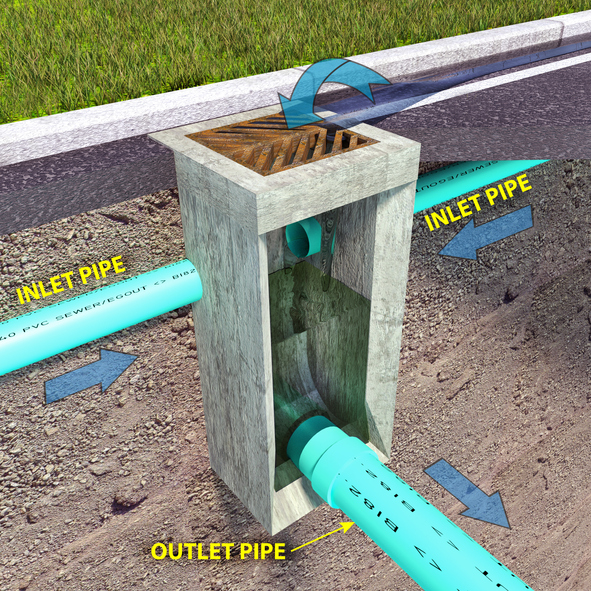Every year, from May to October, Wellington-Dufferin-Guelph Public Health conducts an annual mosquito control program to reduce mosquito populations known to carry West Nile Virus. The objective of the mosquito control program is to reduce specific species of mosquitoes that carry the West Nile Virus and mitigate the risk of transmission of the virus to humans and animals.
Mosquito surveillance is also conducted during the summer season to trap and identify specific mosquito species. Mosquito traps called CDC light traps are deployed throughout the Wellington County, Dufferin County and the City of Guelph and serve as an early warning system for public health for West Nile Virus and other emerging diseases in the community.
West Nile Virus and its symptoms
The West Nile virus may cause flu-like symptoms in some individuals, or in rare cases, inflammation of the brain or spinal column can occur which may result in permanent disability or death. Adults over the age of 50 are most at risk of serious health effects.
How to reduce my risk of West Nile Virus
To deter mosquitoes from breeding, property owners are encouraged to remove freestanding water from their property:
-
Drain flowerpots and kiddie pools when not in use, change bird bath water every couple of days, and make sure eavestroughs are kept clear
-
Have municipally owned catch basins treated (at no cost)
-
Treat decorative ponds, fountains and unused pools with a commercially available mosquito larvicide, such as AquaBac
-
Report standing water on private properties
-
Report dead birds to the Canadian Wildlife Health Cooperative (CWHC) for testing
You can reduce the risk of mosquito bites and potential exposure to West Nile virus by:
-
wearing light-coloured pants and long-sleeved shirts
-
avoid being outside at dawn and dusk when mosquitoes tend to feed
-
use a mosquito repellent with DEET or Icaridin for adults and children over 6 months of age (as recommended by Health Canada)
Treatment areas
Larvicide will be used in potential larvae breeding sites where standing water cannot be eliminated or is more difficult to control, such as:
-
roadside ditches
-
temporary pools
-
sewage lagoons
-
storm-water retention ponds
-
areas of standing water
-
municipal catch basins
Product(s) used
For catch basins: Altosid Pellets (PCP#21809, pellet); Altosid XR Briquets (PCP#27694, ingot); and VectoLex WSP (Reg. No. 28009, pouch).
For standing water sites: VectoBac 200G (Reg. No. 18158, granular); and VectoLex CG (Reg. No. 28008, granular).
Altosid is a methoprene product; VectoBac is a Bacillus thuringiensis israelensis product; and VectoLex is a Bacillus sphaericus product. They are growth inhibitors and have no impact on human health. Rather prevent mosquito larvae from maturing into adult mosquitoes. For information about the products used or details on the exact locations and dates of treatment please contact the Canadian Centre for Mosquito Management at 1-855-220-7022.
Larvicide application
Ministry of the Environment, Conservation and Parks licensed applicators or trained technicians will apply the larvicide by hand, in and around communities in Wellington and Dufferin Counties.
Treating private/residential properties
If you have a municipally owned catch basin on your property, you can request to have it treated at no cost to you. To request treatment, complete and submit a waiver form as soon as possible in the spring. If your catch basin was treated last summer, you will receive a letter and waiver form for re-treatment ahead of the summer season.
What is a catch basin?

Catch basins are the entry points to the public sewer system. They are typically built into roadside curbs with grated metal covers but may be installed anywhere water can accumulate and become troublesome. They collect and redirect surface run-off and household wastewater to the sewer system and tend to retain a small amount of water in their bases for extended periods of time which can become breeding areas for the mosquito species associated with West Nile virus.
More information
For information about the products used in the larvicide program, or details on treatment locations, please call the Canadian Centre for Mosquito Management at 1-855-220-7022.
